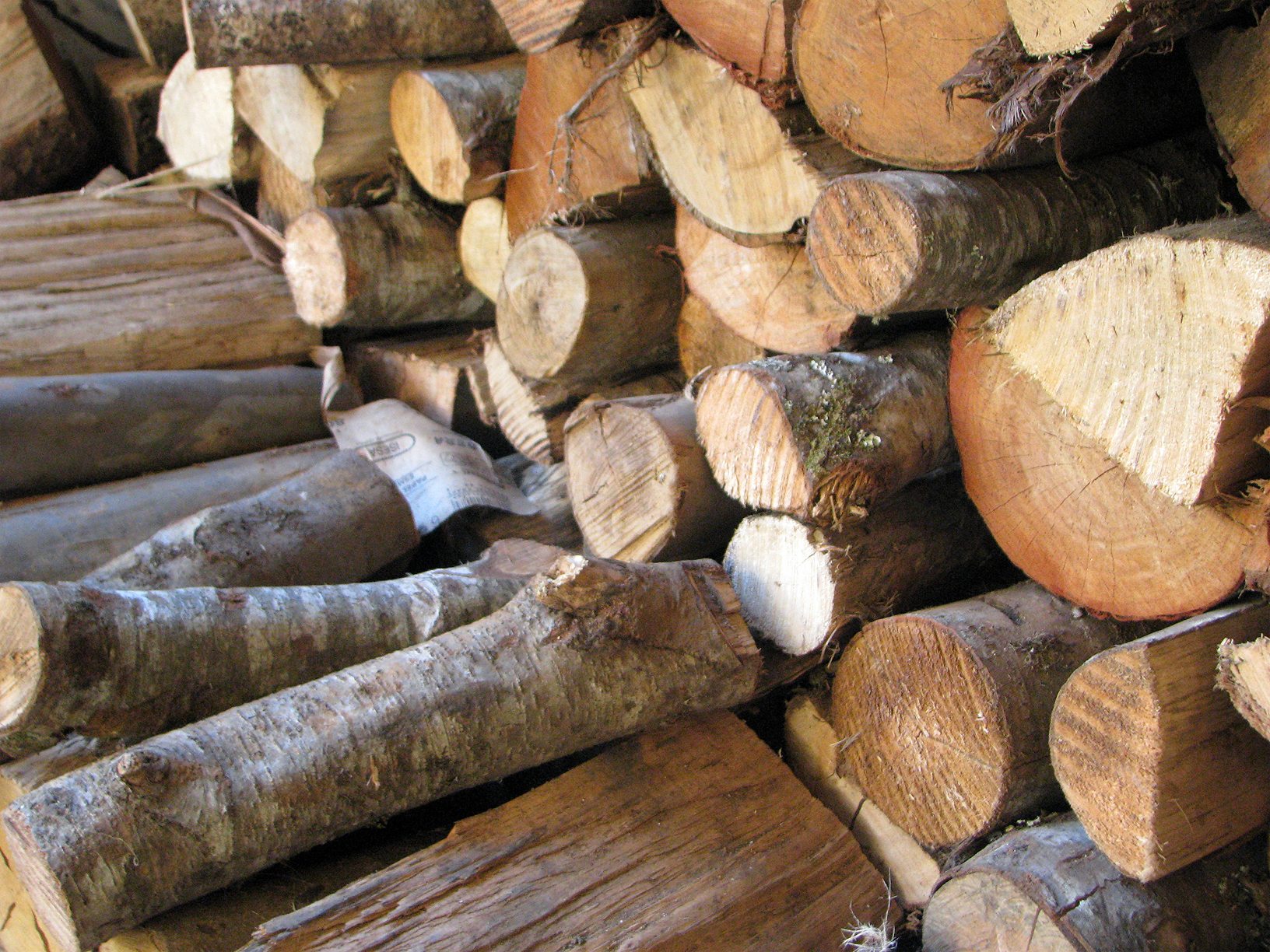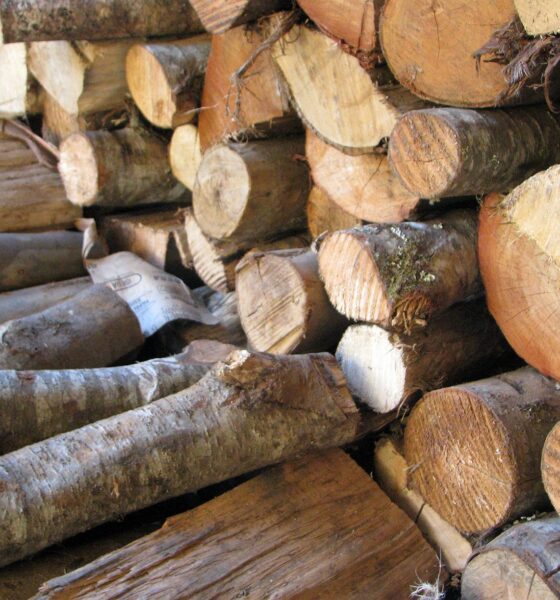

Energy
Wood heat industry gets new trade body
The Renewable Energy Association (REA), the largest not-for-profit industry association for the UK’s clean energy sector, has announced a new partnership with a newly-formed body that represents the fast-growing wood heat industry.
The REA welcomed the Wood Heat Association (WHA) as an affiliate trade association on Thursday. It said, thanks partly to the government’s renewable heat incentive (RHI), wood heat has become the fastest growing source of low-carbon heating for UK properties.
There are now more than 700 companies in the sector, employing around 13,500 people.
“This is an exciting time for the wood heat industry”, said Julian Morgan-Jones, interim chairman of the WHA and managing director of South East Wood Fuels.
“As the industry grows, it is increasingly important to establish a clear identity and a strong voice to government and stakeholders. The REA is already doing great work here so there’s no need to reinvent the wheel, which is why we are very happy to be working with them.”
The WHA had been established in an interim form last year, before linking up with the REA.
Nina Skorupska, REA chief executive, said, “One of the REA’s key objectives is to empower its members to achieve sustainable growth.
“As individual technology sectors reach that tipping point, they begin need a more distinct voice to government and stakeholders, with dedicated resources, to keep the momentum going. We are giving the wood heat industry that extra level of support to achieve exactly that.”
To date, wood heat accounts for over 90% of renewable heat generation under the RHI – the world’s first long-term support programme for renewable heat.
The scheme pays participants for using renewable heat to warm their properties, helping to reduce carbon emissions caused by conventional heat generation.
The WHA says that ensuring the scheme is extended is now a priority.
“Our number one focus is securing the future of the RHI beyond 2016. Beyond that, we are also working to professionalise the industry so it is well equipped to tackle the challenges ahead”, said Morgan-Jones.
“An important first step is to raise awareness and standards across the wood heat supply chain: from boiler design, manufacture and installation to the safety, quality and sustainability of wood fuel.
“Together we’re seeking to encourage more joined up thinking between fuel suppliers and equipment installers.”
Photo: Gabriela González via Free Images
Further reading:
Three Scottish universities given £20m for low carbon heating projects
JCC Community Woodheat Co-operative: a school saying no to an oil-based future
Renewable heat incentive to boost ‘financially attractive’ alternatives to oil
Biomass: the wood-be answer to our energy needs
































